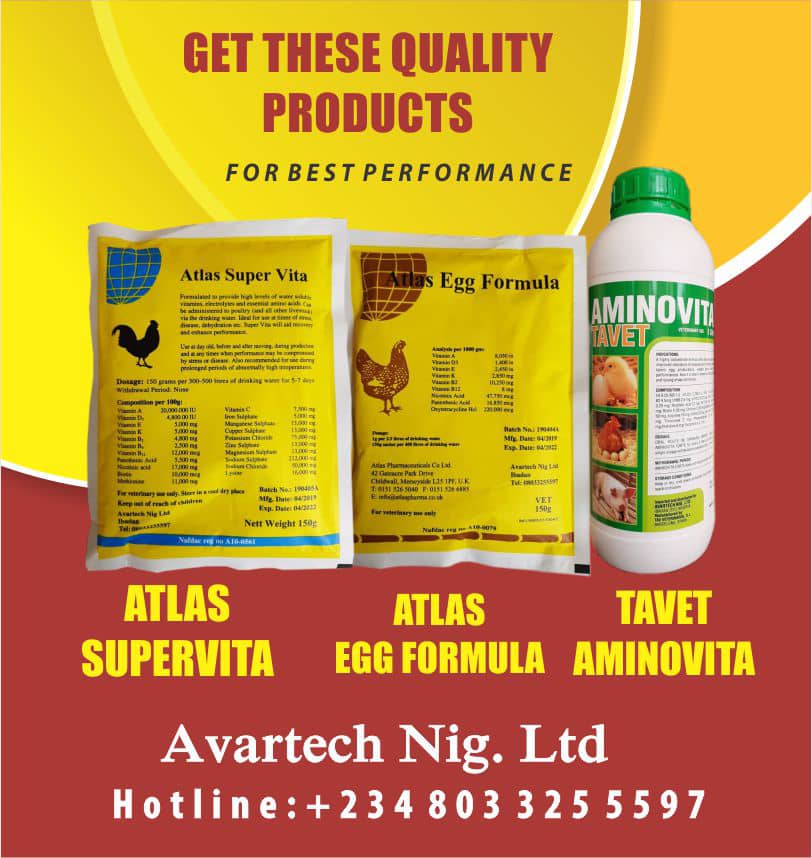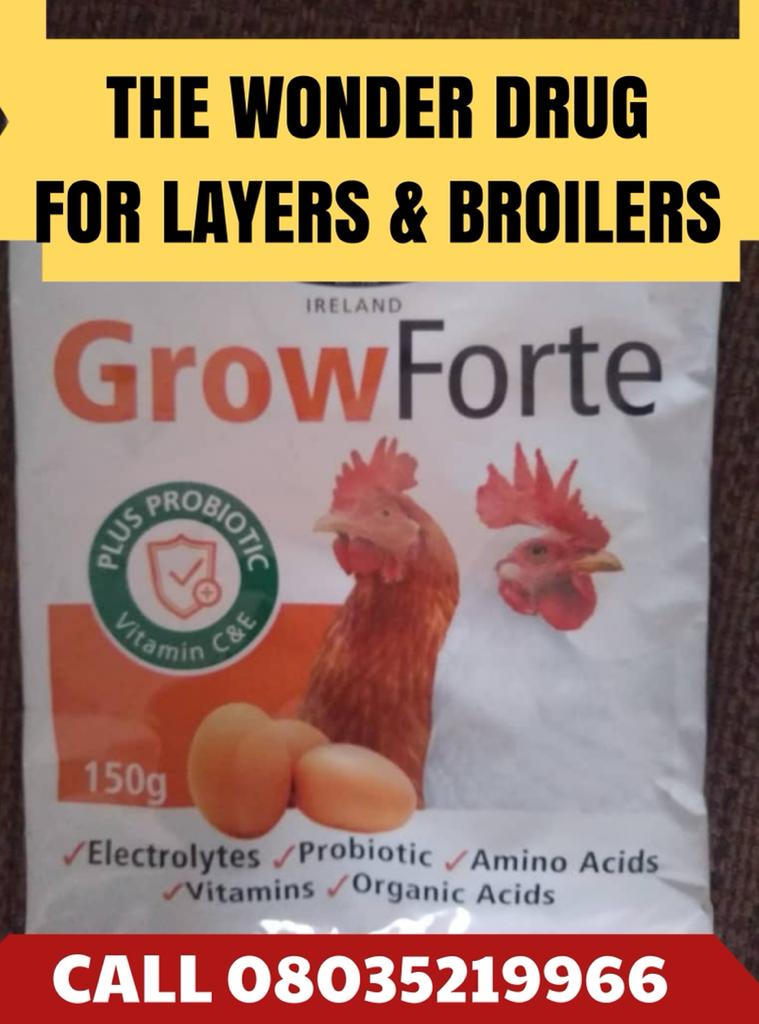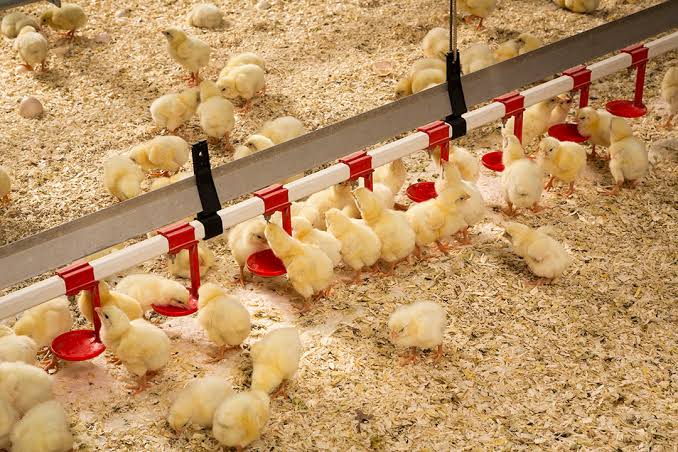DEHYDRATION IN CHICKENS: HOW TO PREVENT THIS COSTLY MISTAKE
Dehydration in chickens comes with some obvious signs which include the following:
Panting is the primary avenue for heat loss under heat stress leading to dehydration in chickens.
 Learn More
Learn MoreOpen their wings and fluff out their feathers.
Breathing becomes heavy and labored.
Diarrhea sets in.
The bird will become Lethargic

Consistent dehydration in chickens caused by heat stress may lead to immune suppression by lowering feed digestibility, increasing gut permeability, and compromising immunity.
Heat stress leaves animals more susceptible to gut-health related issues such as dysbacteriosis and necrotic enteritis and thus increases the need to use antibiotics.
The decrease in egg production in the case of laying hens.
The birds also become limp or even completely unreactive.
Seizures/ Convulsions may set in.
These involve unconscious twitching of the muscles, backward arching of the neck, and paddling of the feet. This is broken by periods of general limpness and unreactivity.
If prompt action is not taken death may occur.
Water quality and availability is crucial to maintain normal intestinal
function and digesta pH, and to avoid bacterial proliferation in the
intestines.
READ ALSO: 10 Special Tips for Reducing Litter Moisture
TREATMENT
In combating dehydration in chicken. The first step to take is to be calm, most often, poultry farmers tend to be confused seeing their birds looking very sick.
Maybe before leaving your farm your birds are active full of life only to return to the farm seeing your birds listless, motionless, unresponsive, week, and maybe already convulsing.
Take your bird to the intensive care unit (ICU) of your farm a cool and separated coop or environment away from the more energetic and active birds.
Provide water to your birds in a bowl by dipping the weak bird’s peak in the water, most times the birds would be seen sipping the water gradually.
If the bird is too weak to sip the water you can use a syringe to extract the water into the bird’s mouth.
By dropping the water pint by pint, never rush. Allowing the bird to sip a pint at a time. Mixing the water with electrolyte and multivitamins.
Taking your time to do the same for all of the birds affected will save and reduce the number of mortalities in your flock.
Although the badly affected may still die, by thus doing you will greatly reduce the number of mortalities.
It is always a good practice as a poultry farmer, that you have a separate coop for sick and weak birds.
Where they would be looked after for a few days until certified fit to join the remaining healthy flock.
READ ALSO: How to Proactively control Coccidiosis in Poultry
PREVENTION OF DEHYDRATION IN CHICKENS
If you’ve ever experienced dehydration in chickens and loss of your birds, I think you would prefer this subtopic to be at the beginning of this article. Because as the popular sayings go prevention is always better than cure.
Most poultry farmers and livestock keepers will agree with me that providing your birds, and livestock with good clean water is one of the major tasks of animal husbandry.
In fact, before you ever think of keeping any type of livestock be it sheep, goats, cows, and poultry birds.
You have to make sure, you have a good and constant source of water supply. Because if you don’t forget it, you are not in business.
Your inability to provide good clean water always might the bane of poor bird performance.

THE FOLLOWING POINTS WILL HELP YOU ELIMINATE OR REDUCE DEHYDRATION IN CHICKENS TO THE BAREST MINIMUM:
Provide clean and fresh water always to your birds.
If you live in a hot humid region of the world ensure that your poultry pen house is well ventilated. Poultry farm cooling fans should be provided for larger operations.
Never trust your automatic drinkers just like any other thing in life they can also fail.
Always ensure a good maintenance routine and supervision for constant water supply.
Before leaving your farm ensure that the drinkers are filled with enough water.
If you are traveling or staying longer outside have someone supervise the supply of water to your birds. In the absence of farmworkers. If you are the only one in charge.
If you are using manual drinkers as your birds grow you should change the quantity, size, and volume of the water drinkers, it should be commensurate to the size of your flock.
Water containers and drinkers should be kept in a cool place away from direct sun rays and heat.
The drinkers should be placed on blocks and bricks or crates for carbonated drinks. This will help keep your chickens from kicking and putting wood shavings and manure into it. These will help in keeping poultry diseases at bay.















